Crypto Academy Season 3 Beginners' course - Home Work Post for Task 2: By @yousafharoonkhan :Blockchain, Decentralization, Block explorer
HOMEWORK TASK;
Define decentralization. Describe the advantages and disadvantages of a decentralized system. In what areas of life can a decentralized blockchain be helpful? (write in own words)
Introduction
This homework task requires that I understand decentralization and the merits and demerits of these systems as compared to centralized. It requires that I should understand and be able to show how a decentralized system can be helpful in all instances as deemed necessarily.
The cryptocurrency blockchain allows a large number of computers to exist outside the control of central authorities such as governments and other regulated entities. All the decision making and transfer of control comes from a centralized entity (person/ node) to a distributed Network.
These blockchain technologies often use decentralized networks in the management of resources so that access to a fairer trust-less service can be achieved.
In decentralization;
a) Resources are owned collectively
b) No one owns the data, yet the data is owned by everyone.
c) Every member has the same distributed ledger showing data.
d) Has no 'control tower' authority.
e) Users are autonomous and highly empowered to run operations as a separate entity.
d) Everyone makes their own independent decisions.
_______________________________
Define Decentralization
_______________________________
Therefore; Decentralization refers to the transfer of control and decision-making from one central point (individual, organization, or group) to a distributed network where no middleman or banks or government parastatals involved. It can be seen as an extension of delegation where each user holds a central position of influence.
CASE IN POINT
Centralization;

Image Source
Suppose a school has got different branches spread out across a certain Country; these schools would be the same entity, with the same director and control figure. The school head teachers would lack the mandate to make decisions on their own, without permission from or making consultation with the director. They would not be independent because there is a central power controlling every transaction and decision
Decentralization;

Image Source
However, if the director was deemed none existent and out of the picture, the schools could run independently, having each head teacher make independent timely decisions for their respective schools, each school serving it's needs. They headteacher a have freedom of expression and have the mandate to change the rules and regulations of the school.
In blockchain technology, decentralization is devolving of power to all levels of interaction on the blockchain thereby empowering users to have full authority and knowledge, with all options made available to them in decision making.
The authority is separated and dispersed evenly to all users hence each individual using the blockchain has equal authority by the power of the transactions that they make. Many computers combine to form the decentralized network where each is a server and third party intervention is impossible.
_______________________________
Describe the advantages and disavantages of a decentralized system.
_______________________________
The decentralized system has got many advantages some of which are listed below;
1. EQUAL SHARE OF AUTHORITY.
On the Blockchain, cryptocurrency payments are decentralized and as such, transactions take place in a decentralized accounting ledger. The authority is separated and dispersed evenly to all users hence each individual using this payment system has equal authority by the power of the transactions that they make.
Even in other entities, all power is transfered from the topmost power to down below and so every person gets a chance to develop his/ her abilities according to their potential. This in turn leads tobmotivation of bottom level users.
There is also no central authority that decides on the proceedings of the cryptocurrency landscape and therefore fluctuations solely depend on demand and supply and this limits manipulations on currencies. There is better supervision and control of assets.
2.PERMANENCE & TRANSPARENCY
• Permanence

Image Source
The other important thing to note about decentralized transactions is that data is only added through group concensus. No one owns the data, and yet everyone owns it. Transactions are irreversible and impossible to over-ride or change. Once payment has been made it cannot be reversed or manipulated supposing things go wrong.
The reason for this is that it is recorded on a blockchain (a network of computers around the world that verify transactions and store them permanently one block to another) which is made by Encryption
**Encryption is transforming data into codes to prevent unauthorized access on the blockchain seals all transactions in the network**.
If a transaction has been made, or if there is an engagement on the blockchain, there cannot be an override.
What is the advantage in this? The system cannot be manipulated by a third party for their own gain as opposed to the centralized system where many conspiracies are possible, slowing down on accountability and service delivery.
•Transparency

Image Source
Decentralized systems enable mutual trust and verification between users, giving real time visibility to data access and documentation processes. They are reliable to give unbiased or forged data as quickly as need arises. This also eliminates corruption practices and gives users comfortability and stress free interactions.
Every user has got the same copy of the distributed transaction ledger, the priority of the decentralized system being put on security and transparency.
3. SECURITY
Since it's impossible to change the information under a decentralized system, data is safe from manipulation and the interactions need no trust (trust-less contact) for daily activity.
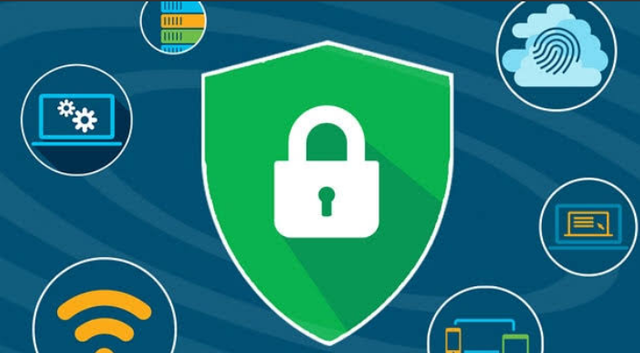
Image Source
Decentralization makes this possible by making data available for all users, yet protecting sensitive transactions hence limiting and controlling fraud.
In a decentralized system, traders can trade willingly and buy/sell from/to whomever they so desire. The power of their money is in their hands. For instance, due to their nature;
Cryptocurrencies are not regulated and are managed by a decentralized system. So the risk of fraud when trading is very reduced because of the security of the transactions, and purchases cannot be traced to target individuals hence anonymity.
4. EFFICIENT COMMUNICATION.
Everyone enjoys freedom of expression and there are no limitations to interactions. Even in trading on a decentralized platform, a trader has better negotiation for trade without a third party and can trade without revealing his identity.
With this freedom, the feeling of being magnalized or deprived is done away with. There is satisfaction of human needs.
The exchange of information between different parties is made easier for instance bank beauracies, tax evasion, and international monetary transfers.
5.CONTINUITY
Decentralized systems tend to do away with succession problems. All entities or users develop managerial skills and are independent. In case one slows down or does off, there is the assurance of continuity. This promoted growth in the long run.
6. CURRENCY CONTROL
This system keeps a firm grip on the currency flow on the market and the use of funds can be checked to measure how much have been spent in what sector or by what entity.
The control comes from having, individual decision making, being in the know and being a determinant in operations.
7. REAL TIME DELIVERY
Transactions are done in an efficient and swift manner that is timely in decentralization. This saves the user a lot of transportation money, bureaucracies, and necessary delays, and ease of transaction.
For instance on the decentralized Steem Blockchain, all the conversion processes take less than 3 seconds to be reflected. Trading would be easier, health systems faster, sending money across the world and access to justice would be hugely realized.
8.EXPERTISE & DIVERSIFICATION
In any given setting, delegation of duty is good in increasing specialisation and consequently, increasing experience and expertise. Decentralization makes it possible for users you enjoy equal experience each according to their potential, giving many a chance to have the knowledge required on the platform. Motivation also increases.
The time at top management levels in centralization setting is also better put to use or reverted to other tasks and resources, something that creates diversification
_______________________________
In light of the above, the decentralized system may have many advantages. Nevertheless, it also has disadvantages such as;
_______________________________
a) COORDINATION
Decentralization creates problems with coordination considering that all the power lies across many entities or individuals. Not every one works at a certain pace or speed. Nor does everyone think the same way.
It is almost impossible to follow certain policies or standard procedures as each works towards their own goal and according to the abilities.
The decision makers also may not be able to make timely decisions thereby making it hard for others in terms of transactions.
b)QUALIFICATION
Having specific qualification sets and divides individuals according to their work. However, in a decentralized system, the factor of qualification and competence is overlooked, creating a low quality workforce or network. Nevertheless, training can be done or qualified workers hired, but the wages would incur higher costs.
In such instances where there is unqualified personnel in control of decision-making, the output is low, and decentralization becomes useless.
c)EXPENSE
To add to the above, the decentralized system needs highly trained people who know how to run operations and curb pending losses. These people are expensive to pay for this kind of work.
Also, because of the need for independent control, all entities tend to be trained and therefore more demanding in pay and this increase administration expenses.
c)MISAPPROPRIATION OF FUNDS
The decentralization system makes it easy for the independent user to act on impulse and because no one can oppose their actions or do back checking to see mistakes or assess risks, it's easy to channel funds into things that are not appropriate.
Even if transfers go to wrong accounts by mistake, it's almost impossible to get the money back.
At times, other entities can use this as an opportunity to commit money crimes in scams or take advantage of unsuspecting victims.
d)CONFLICT
Despite the healthy competition that comes from decentralization, conflict arising from independent decision maker is also likely to create an unstable environment.
It is imperative to note that due to equal distribution or delegation of tasks, all parties see each other as the opposition, thereby making biased decisions or poor judgement because of self centered attitudes.
_______________________________
In what areas of life can a decentralized blockchain be helpful?
_______________________________
•Electoral Processes
Many countries around the world have voting systems put up to prevent electoral malpractices such as using thumb rectors, voter registers, ballot boxes, vote counting and candidate representatives. In Africa especially, many results are contested right after the elections because people lack trust in the electoral systems.
Decentralization makes rigging harder since the information is evenly distributed across common data ledgers. In addition, using one blockchain is relevant to the fact that each vote is recorded with precision and cannot be altered. It would be impossible to transfer votes or to change the vote count.
•Banking
A dencentralized banking system would have the following advantages over the centralized system;
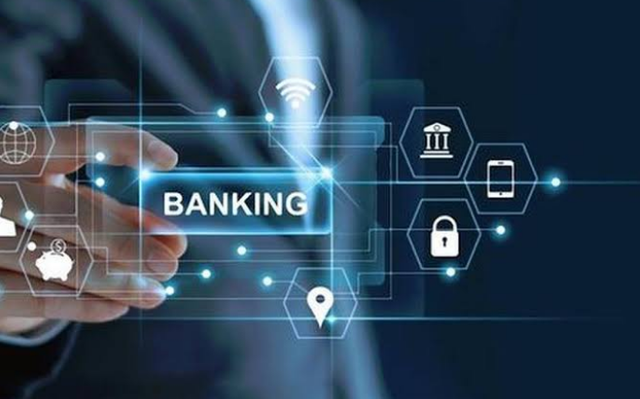
Image Source
- Timely transactions
- Limit on fraud
- Ease of access to bank records and therefore no beauracies.
- Increased client trust and convince
- Transparency in operations
All these dencentralized banking strategies can make it easier for the bank and clients, thereby easing on monetary transaction processes.
•Health Systems
In the health sector, decentralized systems make it easier for health providers to access information from other health professionals. Let's take for instance, a lab technician or pathologist can record the results on the blockchain, which can be accessed by a doctor who needs it to ascertain cause of disease, who also records the diagnosis on the client's data because of the hash mechanism used on the blockchain.
This information can be accessed at any time, from any place across the world in case of need. The pharmacist who gives out the medicine also uses the information to disseminate appropriate medicines/ doses according to doctor's diagnosis.
This chain of accessing and viewing information can be helpful in time management for critical cases, unnecessary repeat tests and thereby saving many lives and making the york lighter on overworked health care workers.
CASE IN POINT
Covid 19 has become such a game changer and a huge threat to the economic and social life in many parts of the world.
Where I come from (Uganda), it's a landlocked country and we highly depend on import and export trade. This means trade across boarders. Considering that such a country implemented total lockdown, airports and all transport across boarders would be at a standstill.
However, with a decentralized system, cargo drivers or plane passengers can be checked for Covid 19 through sampling and the data posted on a blockchain. By the time the cargo runs from one boarder point to another, the results would already be accessible and there is no delay on checkpoints. The same applies to air transportation. Those found positive would then be isolated and treated, but trade would continue.
•Taxation
Taxation becomes so much easier to supervise with the dencentralized system since all transactions are accessible.
Tax evasion is done away with and the asset values and Tax returns are already spelled out on the Blockchain. Tax distortions are also impossible because of the Transparency of the system.
•National Documentation
In a centralized chain, documentation such as National IDs, Passports and Driving Licences are issued by one central authority, which makes insurance take longer and increases bribery. There is manipulation of records because of lack of transparency.
In a dencentralzed system, these documents can be accessed easily and at the relevant inflated prices thereby reducing on loss of time, bribery and fraudulent malpractices.
•Solving Land Wrangles
In many countries, land wrangles are the order of the day. The rich take advantage of the poor because they have connections in the issuing authority such as the Ministry of Lands or the Land Boards. Many people have lost lives in such wrangles because each claims ownership.
This also happens because the issuing authority gave out more than one land title for the same piece of land in question. With decentralized systems, the data for each land is mapped out and easily accessible and can therefore be verified before any transaction on the land. This solves the wrangles and also gives fair hearing or judgement to the poor land owners who always face unfair evictions
•Policing
Police systems and databases have better efficiency on a decentralized blockchain. Criminal records can be tracked as the information is readily available, the faces of the wanted criminals would be known and employers can have access to staff criminal records. The human resource departments can also do thorough research by checking out the data for aspiring employees.
This systems not only helps curb crime but also helps the youth to focus on better reputations.
Conclusion
To conclude the above, the decentralized system is very helpful in many countries and entities in the world and even though it's not short of flaws, it can change the economic, political, and social spheres of life. I beg to submit; professor @yousafharoonkhan.
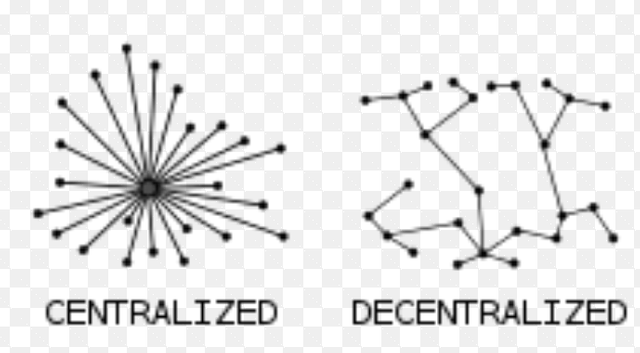


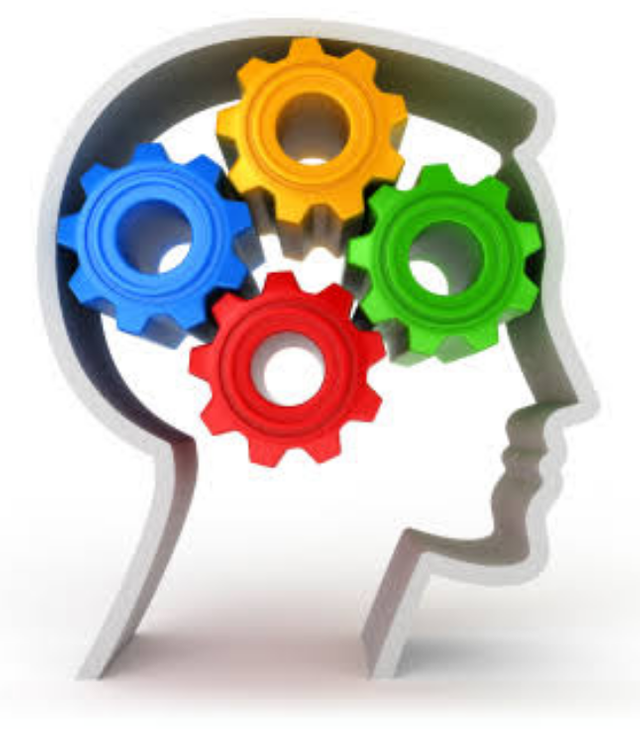
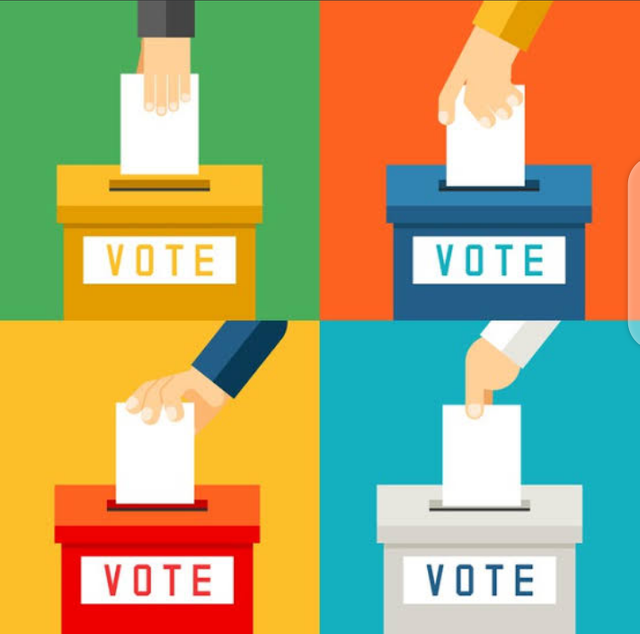
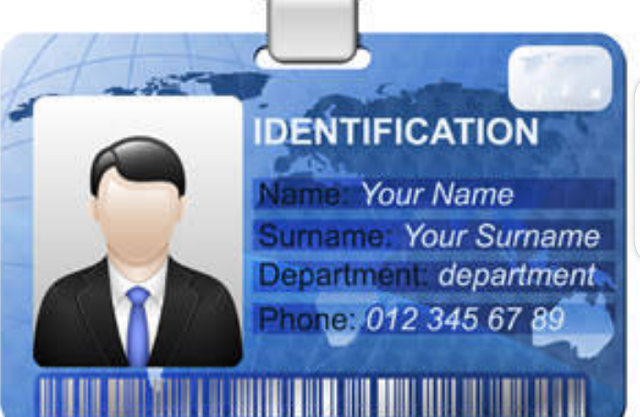
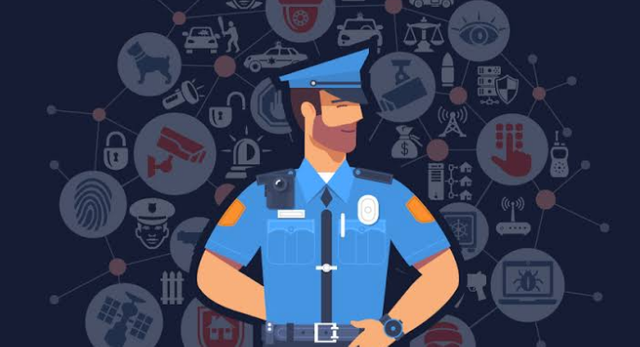
You have been curated by @yohan2on, a country representative (Uganda). We are curating using the steemcurator04 curator account to support steemians in Africa.
Keep creating good content on Steemit.
Always follow @ steemitblog for updates on steemit